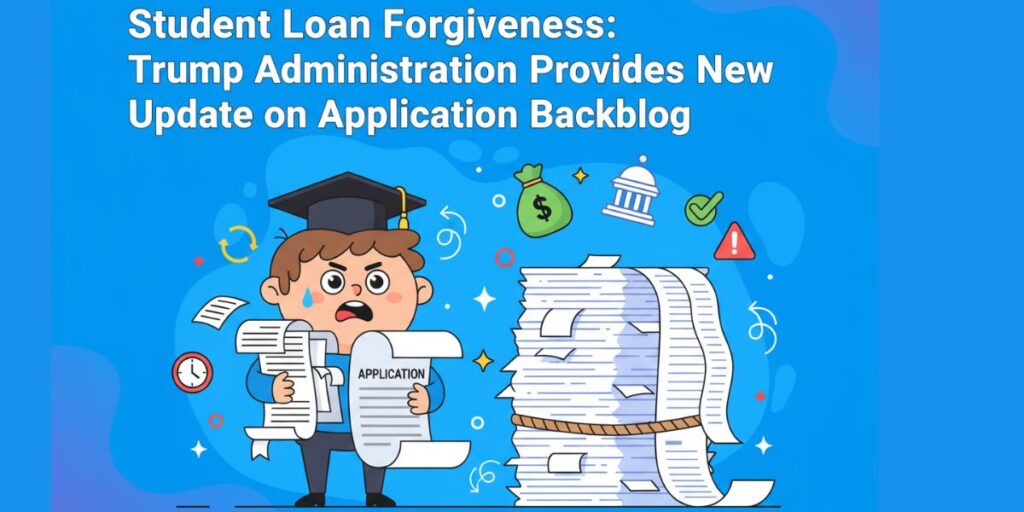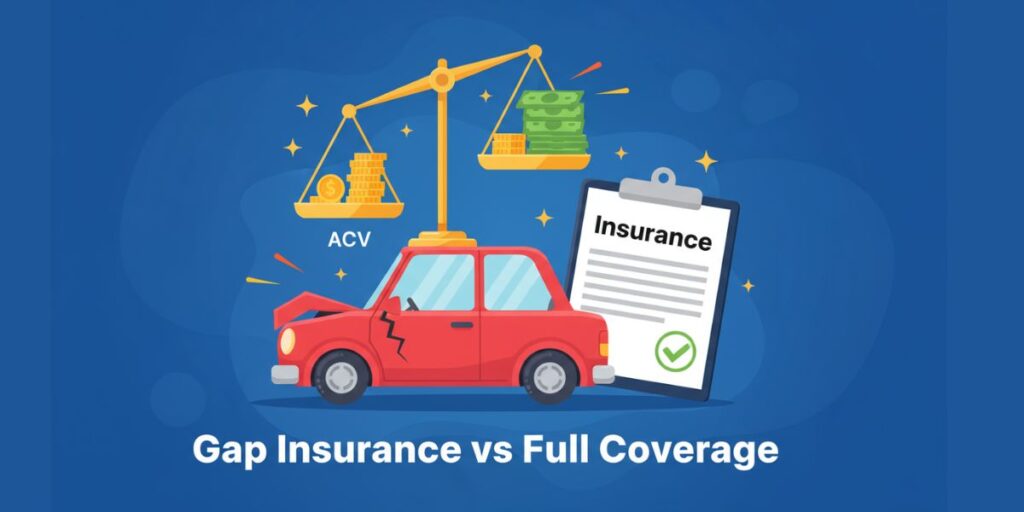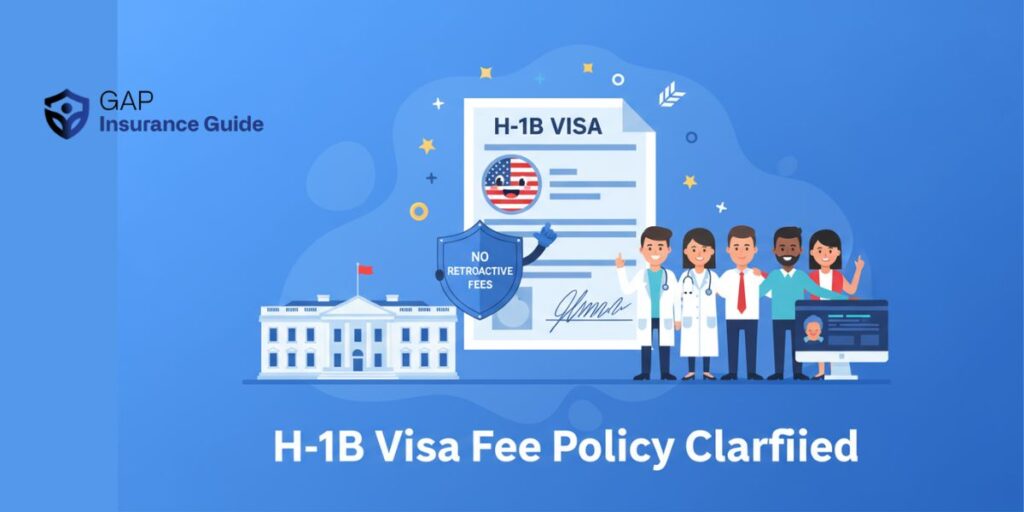The Department of Education released an update this week on the status of student loan forgiveness and repayment programs, acknowledging that more than a million borrower applications remain unprocessed.
Millions Still Waiting
According to Monday’s filing, 1,076,266 applications for income-driven repayment (IDR) plans are still pending. While the backlog has dropped from about 2 million earlier in the year, the sheer volume means many borrowers are stuck in limbo. Reports show that some applicants have been waiting six months or more for a decision.
The department processed over 300,000 applications in August, but at the current pace, experts estimate it could take more than 13 months to clear the queue.
Why It Matters
Student loan debt in the United States affects more than 42 million borrowers, who collectively owe $1.7 trillion. Income-driven repayment programs and Public Service Loan Forgiveness (PSLF) are designed to provide affordable repayment options and potential cancellation — but delays have left many unable to access promised relief.
The backlog has also grown for PSLF applications, rising from fewer than 50,000 in April to 74,510 in August. For public service workers who rely on PSLF benefits, the slowdown has been especially frustrating.
Controversy Over Delays
Critics argue the Trump administration worsened the problem when it paused IDR applications earlier this year due to ongoing legal challenges to the SAVE repayment plan.
“This mess started when the Trump administration essentially hit the panic button and froze all IDR applications,” finance expert Michael Ryan told Newsweek. “They blocked programs that weren’t even under legal challenge, leaving borrowers stuck.”
The American Federation of Teachers (AFT) sued the Department of Education in March, claiming that halting IDR applications deprived borrowers of their legal rights to affordable payments and forgiveness. Although processing resumed afterward, the union says progress remains too slow.
What Officials and Experts Are Saying
- Ellen Keast, deputy press secretary for the Department of Education, told Newsweek: “The Biden administration failed to process income-driven repayment applications for borrowers for months… The Trump administration is actively working with federal student loan servicers and hopes to clear the Biden backlog over the next few months.”
- Drew Powers, founder of Powers Financial Group, warned that the backlog is a sign of broken promises: “If we have decided student loan repayment needs to change, then it should change for current borrowers, not past borrowers.”
- Alex Beene, a financial literacy instructor at the University of Tennessee at Martin, noted that while processing has improved, delays persist: “There still remain more than a million submissions in the pipeline… further legal action could be triggered if the remaining claims are not hastily handled.”
Ryan added: “These are borrowers who played by the rules, chose public service careers, and trusted the government’s promise of loan forgiveness. Now they’re paying the price for administrative incompetence and political gamesmanship.”
What’s Next for Borrowers
For now, many borrowers face more waiting. At the current pace, clearing the IDR backlog could stretch well into 2026. Meanwhile, legal challenges to the SAVE plan and ongoing disputes between policymakers continue to add uncertainty.
“Regardless of the outcome, the reality for many playing the waiting game with these programs at this point unfortunately appears to be ‘wait longer,’” Beene said.
Until the backlog clears and forgiveness decisions are finalized, millions of Americans remain caught between mounting debt and slow-moving bureaucracy.
Disclaimer: The content published on Gap Insurance Guide is intended for general information and educational purposes only. We cover topics related to insurance, banking, finance, and trading, but none of the material should be considered financial, legal, or investment advice. While we aim to provide accurate and up-to-date information, we make no guarantees about completeness, reliability, or accuracy. Any actions you take based on our content are strictly at your own risk, and Gap Insurance Guide will not be liable for any losses or damages. We strongly recommend consulting a licensed financial advisor, insurance expert, or other qualified professional before making decisions. Articles may include links to third-party websites, and we are not responsible for their content or practices.
I’m Abhilash, a finance and business content writer passionate about simplifying money matters. I share practical insights on finance, business growth, and insurance to help readers make informed decisions. Through my blogs and articles, I aim to provide clear, reliable, and actionable advice for smarter financial planning and success.



